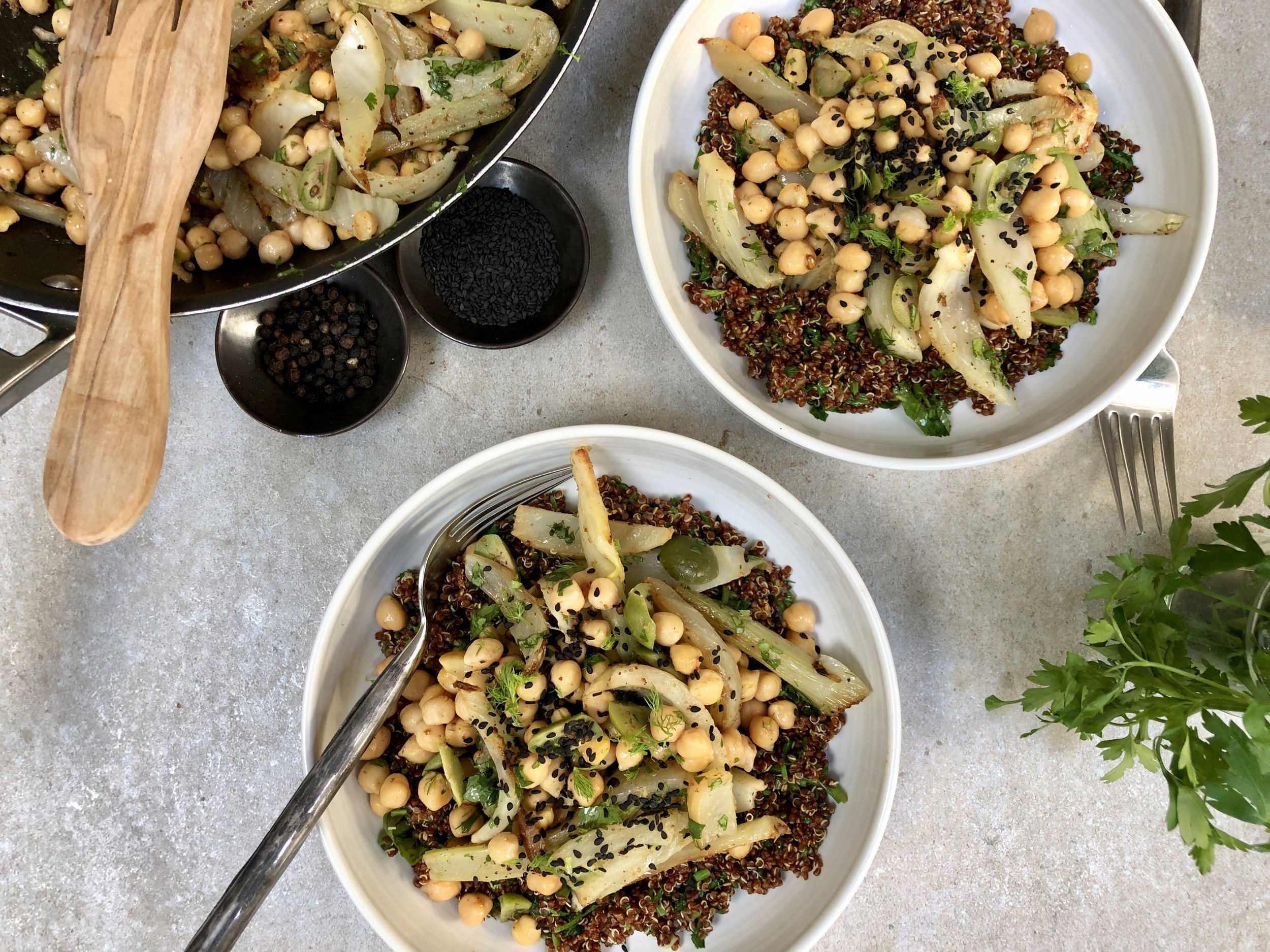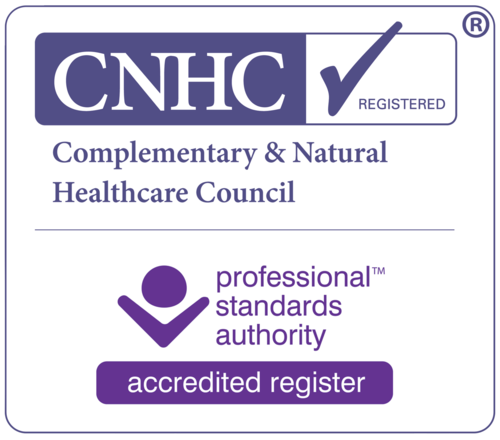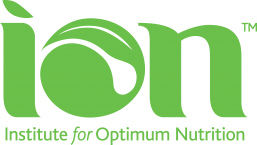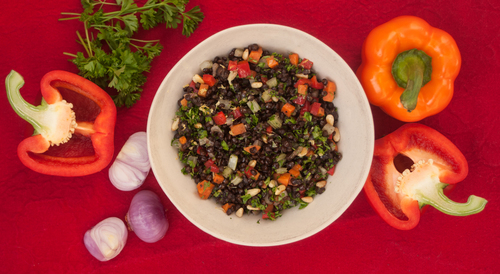What is menopause?
The menopause is the time in a woman’s life when she moves out of her reproductive years and into the next phase. It is defined as when her menstrual cycle has completely stopped / she has not had a period for at least 12 months. This typically occurs around 48-53, but for some it is much earlier and for others they don’t reach menopause until their late 50s.
For some women the menopause can be completely liberating and most women are thrilled to be done with periods for good. In traditional Chinese and Ayurvedic medicine this phase is characterised by ‘soul development’ and many cultures view older women with reverence and respect. However, during my 16 years in clinic, I have worked with many women whose experience of the menopause has been less than positive. Female hormones influence virtually every body system and the major shift that is associated with this decline in fertility is often accompanied by some very unpleasant symptoms. These can include hot flushes, insomnia, night sweats, weight gain, joint pain, low mood, vaginal dryness, anxiety, lack of confidence, low sex drive to name a few… not so fun!
I’m still getting my period but I’m getting menopausal symptoms - what does this mean?
These problematic symptoms often start sometime before the actual menopause. The time prior to the menopause is known as ‘peri-menopause’ and may start somewhere in a woman’s 40’s. Your periods may become irregular and some of the menopause symptoms begin. You might find symptoms come and go, one month feeling great and others terrible, and this is because during the peri-menopause hormone levels can really fluctuate. It’s a bit like the opposite end of puberty, except now you often have major responsibilities in your career and family life to deal with as well. This all adds a lot more stress to an already stressful situation.
How do I know if I’m menopausal?
If you haven’t had a period for 12 months and you’re around age 50, it’s pretty likely that you’re in menopause, your GP may conduct a blood test to determine levels of hormones such as oestradiol, luteinizing hormone (LH) and follicle stimulating hormone (FSH). Many doctors don’t tend to offer any tests to confirm this now. But, if you’re younger than 45 or trying to get pregnant then it is important to get things checked. Your doctor can check your levels of FSH (follicle stimulating hormone) to see if it is high and also check out other possible health issues. If you’ve not had a period for 12 months or more and suddenly get a bleed, go and see your GP, as menopausal women should not be bleeding.
I think I’m peri-menopausal - what can I do?
So, the key female hormones, oestrogen and progesterone, are likely fluctuating as the egg supply is dwindling and this is not something that can be prevented. However, there is plenty you can do to help minimise any unpleasant side effects and support your body holistically. The female hormones don’t act alone, they are impacted by and have an impact on many other body systems and hormones, so it is also key to check out and address any other imbalances.
Optimise Your Diet
Chickpea, Fennel and Olive Salad with Red Quinoa
Your diet provides the building blocks for your hormones, detoxification and elimination systems so it is important to get this right. Key dietary recommendations include:
Eating more plant foods such as pulses and linseeds, which provide ‘phytoestrogens’ (naturally occurring plant compounds with hormone balancing properties) and fibre to help elimination of old hormones
Upping foods which are rich in essential and monounsaturated fats such as olives, olive oil, avocado, oily fish and fresh nuts and seeds
Thinking colour by ‘eating the rainbow’ with a wide range of vegetables
Cutting down on sugar, refined food and alcohol. Many women find avoiding spicy foods also help with hot flushes.
Look after your gut microbes
The gut microbiome is a huge collection of bacteria and other microbes that live, predominantly, in the large bowel. Not only do these microscopic friends help us digest our food and make vitamins for us, they also have a profound influence on mood, how we detoxify old hormones and influence cardiovascular health and weight. Diversity in the diet, with plenty of plant fibres and polyphenols (the dark, dense colour pigments in foods like herbs, spices, berries, nuts, seeds, dark chocolate, red wine, olives) and some fermented foods (like bio-live yoghurt, apple cider vinegar, sauerkraut and Kombucha) help keep those friendly gut bacteria happy.
You have a vaginal microbiome too
Vaginal dryness, frequent UTIs, yeast or bacterial infections are commonly experienced during perimenopause and menopause. This is because the reduction in oestrogen causes changes to the vaginal skin and changes to the friendly bacteria that live here. Certain probiotic supplements, with strains specific to the vaginal microbiome, can be taken orally and can really help. It is also important to maintain the correct pH (acid / alkaline balance) so avoid washing with harsh soaps or the use of vaginal washes. The vagina is self-cleaning! There are some great natural vaginal lubricants you can use during sex, if needed. Vitamin E (from foods like nuts and seeds, avocado, wholegrain rice and wheatgerm oil) and essential fats from sea buckthorn oil may also help.
Herbal and nutritional supplements
There are plenty of supplements that can help, including:
Dong Quai – a gentle herb to help support oestrogen metabolism
Ashwaganda – an adaptogenic herb to help us cope better with stress
Turmeric – rich in antioxidants to support liver detoxification and inflammation
Magnesium – a relaxing mineral to support the nervous system and sleep as well as healthy bones
B vitamins – for energy and stress management
Omega 3 fatty acids – to help the body make anti-inflammatory prostaglandins which help regulate hormones and support cardiovascular health
My recommendation is to speak to a registered nutritionist, herbalist or functional medical practitioner, to help tailor your nutritional or herbal programme for you, and to assess other factors such as thyroid health, adrenal reserve, digestion and detoxification which all influence hormone balance and any symptoms you might be experiencing. Functional testing is available for in-depth hormonal (female, adrenal and thyroid) assessment, gut and vaginal microbiome analysis and nutrient status, if needed.
Be mindful of environmental oestrogens
Known as xenoestrogens, the chemicals in plastics, pesticides and some household cleaning products can be problematic as may act as harmful hormone disruptors. Top Tips to reduce xenoestrogens include:
Switch to glass or crockery cookware
Avoid plastic wrap, buying food in plastic (it’s not just the environment at risk here) or heating foods in plastic dishes
Eat organic or wash fruit and veg thoroughly to reduce pesticide exposure
Use natural cleaning products
Filter your drinking water
Take regular exercise you enjoy
A combination of aerobic and restorative exercise has been shown to manage stress and reduce symptoms like hot flushes. It also helps weight management. Resistance exercise is important to help maintain bone strength, as menopausal women are at risk of osteopenia and osteoporosis due to the drop in oestrogen levels.
Optimise sleep
Try to stick to a regular sleep / wake routine
Avoid technology at least an hour before bed – that blue light from our phones and computers is very stimulating – and keep the lights dimmed
Reduce caffeine, particularly after 12 noon – many women find it helpful to avoid it completely and you can switch to decaf or drink more herbal tea. Camomile, valerian and passiflora blends are great options for the evening.
Keep the room cool, use cotton bedding and night clothes, invest in black out blinds or a comfy eye mask if your room is too light and ear plugs if your partner snores.
Find time to relax
Most of my clients tell me they are stressed and don’t have time for themselves but this is not the time to take on too much. Say no to some of the things that stress you out, if you can, and make time to chill. Whatever floats your boat – do it! And spend time with people that make you laugh. Just 10 minutes of deep breathing a day can make all the difference and many people find activities like yoga, meditation, dancing, walking in the countryside or by the sea, gardening or other hobbies a fantastic help.
HRT and Bio-Identical Hormones
Speak to your doctor to see if HRT or bio-identical hormones might be appropriate. They aren’t right for everyone and may even exacerbate symptoms for some but for others can be a game-changer. There is no one-size fits all, so exploring all the options is key.
The journey through this natural phase in a women’s life may not always be easy but, with the right support, it can be smoother and more positive. Talking to friends about how you are feeling and laughing are key too! Together we can get through it!
Hormone-Balancing Tempeh Salad






